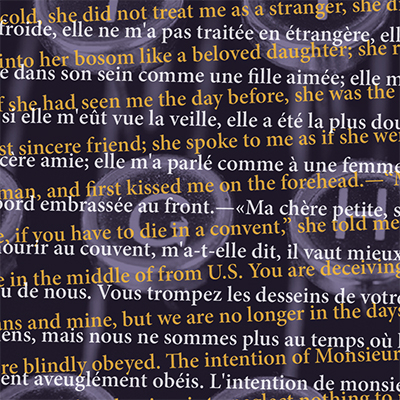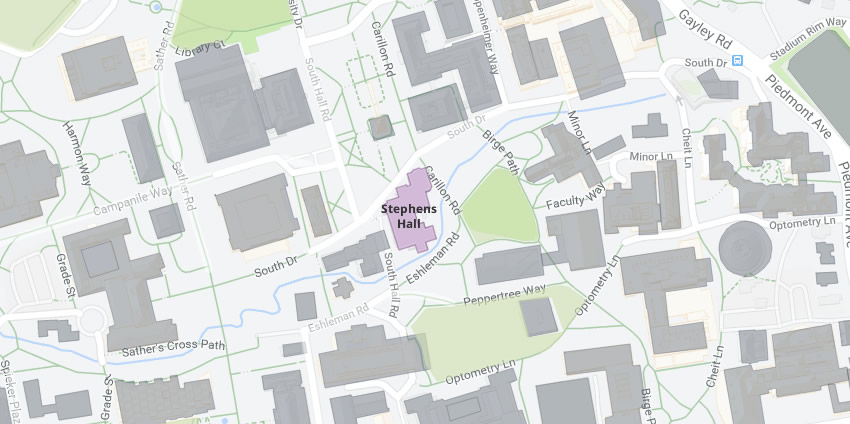
Artificial Intelligence and Translation
In a December 2023 op-ed in the New York Times, pioneering artificial intelligence researcher and inventor of the world’s first global-scale online language translator De Kai writes, "You’d be hard pressed to find any arguments against developing translation AIs. Reducing misunderstanding between cultures is probably one of the most important things humanity can do to survive the escalating geopolitical polarization."
This roundtable on artificial intelligence and translation, part of the ongoing AI and the Humanities series, brings together writers, scholars, and engineers to discuss how AI has impacted literary translation, translation theory, and language instruction. How might AI increase the creative potential of translation? What concerns or anxieties do writers have about translations of their works by AI? Do human translators and AI systems have the same sense of linguistic nuance? How might the digital humanities or cultural analytics draw upon AI for new theories of translation?
Participants:
Behrooz Ghorbani is a researcher at OpenAI, where he focuses on problems of multilinguality and data curation for large language models. Previously he was a senior research scientist at Google Brain, working on understanding and designing large-scale neural machine translation models. He holds a PhD from Stanford University, where he studied the properties of large neural networks. His passion for advancing the field of machine translation and AI drives his ongoing research and contributions to the field.
Cathy Park Hong (English) is a poet and author of the New York Times bestselling book of creative nonfiction Minor Feelings: An Asian American Reckoning, which won the National Book Critics Circle Award for autobiography and was a Pulitzer Prize finalist. Hong's poetry is marked by a deep sense of linguistic play and the mixing of languages. Jesse Nathan describes Hong's method of creating poetry "out of a representation of Asian American life that skewers the exoticizing currents in American culture while, at the same time, ironizing and breathing life into the twisting singularities of dialect like few other living poets. 'Translating,' in this sense, is what Hong’s work has always made its central labor."
Hoyt Long is professor and chair of the Department of East Asian Languages & Civilizations at the University of Chicago. A scholar of cultural analytics, he employs computational methods in the study of literature. His most recent work explores machine translation and the impact of platforms on the production and global circulation of culture. He is the author of The Values in Numbers: Reading Japanese Literature in a Global Information Age (2021), which offers a reinterpretation of modern Japanese literature through computational methods, while providing an introduction to the history, theory, and practice of looking at literature through numbers.
The AI and the Humanities series is a collaboration between the Townsend Center and the Berkeley Center for New Media.

